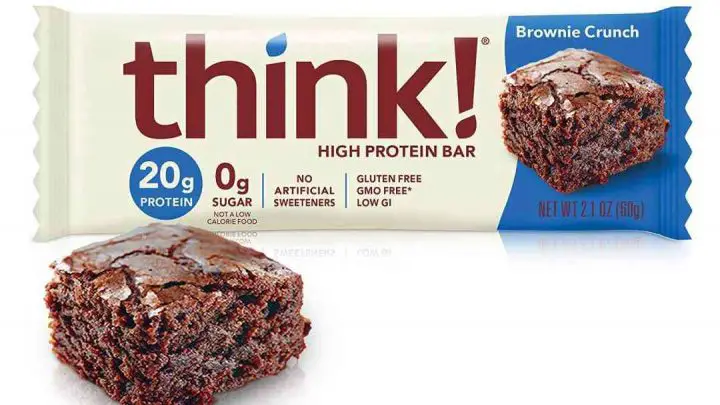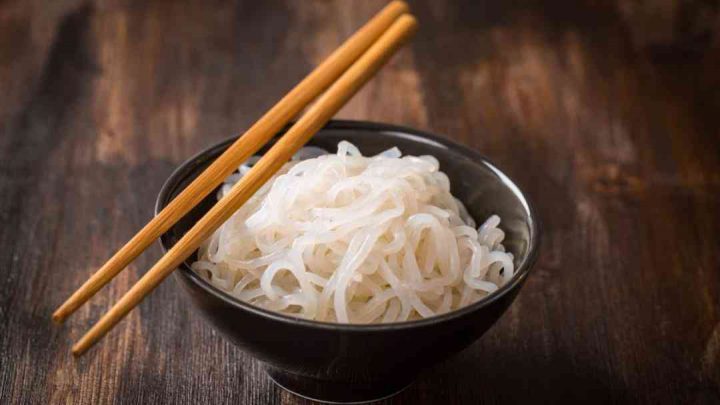Followers of the keto diet are sure to be familiar with common proteins, like chicken, beef, and pork, but you may not know that lobster is a great option for the keto Diet.
Lobster boasts numerous health benefits, including protein, copper, healthy fats, and protein, as well as a low carb count, making it a great addition to your keto diet plan.
Here are the 5 reasons why Lobster is great for keto.
#1 – Lobster is Low in Carbs and Glycemic Index
Sticking to low-carb foods is essential to reap the benefits of the keto diet. The diet limits carb intake to reach “ketosis,” during which the body burns fat instead of carbohydrates for energy.
The diet usually suggests consuming about twenty grams of carbs per day or limiting carbohydrate intake to five to ten percent of your daily diet.
Lobster is a great addition to the keto diet because of its low carb count and its low glycemic index. It only contains 3 grams of net carbs per 100 grams of serving, which means it is virtually carb-free.
This is an ideal food to incorporate into keto meal plans because it will not substantially raise your daily carb count.
Lobster’s glycemic index is 0, which means that it will not spike your blood sugar. Blood sugar spikes are followed by a crash that comes with food cravings, so foods with a high glycemic index should be avoided on a keto diet.
Limiting carb intake is the main key to success on the keto diet, and adding lobster to your diet will help you meet your keto carb goals.
#2 – Lobster is High in Protein
The standard keto diet requires moderate protein intake to reach health and weight loss goals.
Generally, about twenty percent of daily calories should come from protein on the keto diet.
Lobster is a good source of protein, clocking in at twenty-three grams per four-ounce serving.
Aside from the keto suggestions, protein is an important nutrient for overall health. Protein is needed for human growth and the repair of damaged cells.
For people who exercise, protein is necessary for the rebuilding of damaged muscle. Protein deficiency can cause major health problems, including the inability to grow muscle, immune system problems, heart weakening, and respiratory issues.
There are even studies that suggest that increased protein intake can promote healthy weight loss. Too much protein can be detrimental to health, but it is unlikely to ingest excess protein from natural food sources, like lobster.
Adding lobster to your keto diet can help maintain a healthy level of protein and promote growth and muscle mass.
#3 – Lobster Contains Omega-3 Fatty Acids
It is a common misconception that shellfish like lobster can raise cholesterol levels. In fact, lobster is a source of Omega-3 Fatty Acids, which promote healthy cholesterol levels.
Omega-3 Fatty Acids are rarely found naturally in foods, but they are abundant in shellfish like lobster.
Studies have shown that certain Omega-3 fatty acids can prevent cardiovascular disease and can lower triglyceride levels, as well as promoting healthy cholesterol levels.
Omega-3 fatty acids are great for heart health, and they are a huge plus to adding lobster into your keto diet. Choose lobster as a way to boost this necessary healthy fat to your keto regimen.
#4 – Lobster is a Rich Source of Copper
It’s easy to overlook the health benefits of minerals like copper, but incorporating a healthy amount of copper into your diet is absolutely necessary for general health.
Lobster is a natural source of copper that can promote healthy levels of this trace mineral in your keto diet. Copper has health benefits, including cardiovascular health, immune function, and collagen production.
Copper is essential for the production of red blood cells. Copper has also been shown to prevent or delay osteoporosis and arthritis.
While copper deficiency is rare in the United States, its effects can be devastating. Deficiency in copper is related to cardiovascular disease and decreased brain and nerve functioning.
Excessive copper can lead to health issues, but it is very rare to accumulate too much copper from natural sources unless there are existing health conditions.
Adding a natural source of copper to your diet will most-likely help to produce the necessary amount of copper to an already healthy diet.
Lobster is a natural source of copper and can promote the advantages that come with healthy levels of this essential mineral.
#5 – Lobster is a Source of Selenium
Selenium is another mineral found in lobster is essential for overall health. Selenium has been found to promote healthy thyroid functioning because it allows the thyroid to process hormones more effectively.
Selenium also functions as an antioxidant in the body. Selenium deficiency has been linked to ADHD in children, and healthy levels of selenium can reduce the likelihood of developing ADHD.
Obtaining selenium from a natural source is an ideal way to keep up the intake of the mineral. Lobster naturally contains selenium, and adding lobster to your keto diet can promote healthy levels of this healthy mineral.
Conclusion
Adding lobster to a keto diet plan is a great way to keep carbs low, as well as add protein, Omega-3 fatty acids, and essential minerals to your daily food intake.
It should be noted that excess lobster should not be consumed if you are pregnant due to its moderate mercury levels.
However, lobster is perfectly safe and beneficial for most followers of the keto diet. Lobster contains health benefits that boost nutrients while allowing you to stick to your keto diet plan.
Whether it’s boiled, steamed, or grilled, consider adding lobster to your next keto-friendly meal.
Lobster On Keto FAQs
Lobster is keto-friendly because it is low in carbs and it has a glycemic index of 0. It only contains 3.2 grams of net carbs per 100 grams of serving, none of which comes from sugar. Additionally, it is a rich source of protein, omega-3 fatty acids, copper, and selenium.
A 100-gram serving of lobster contains 142 calories, 3.2 grams of carbs, 25.7 grams of protein, and 1.9 grams of fat.
The best keto-friendly recipes for lobster are Lobster Tail with Garlic Lemon Butter, Lobster Jalepeño Poppers, and Lobster with Zucchini Noodles.
Lobster is a rich source of protein which promotes growth and muscle mass; It is also rich in Omega-3 fatty acids which helps in maintaining healthy cholesterol levels; It is also rich in Copper which can prevent osteoporosis and arthritis.
Lobster does not contain any milk products so it is lactose-free when eaten by itself.
Lobster does not contain any wheat, rye, or barley products so it is gluten-free when eaten by itself.
References
- https://www.ncbi.nlm.nih.gov/pubmed/19334784
- https://www.ncbi.nlm.nih.gov/pmc/articles/PMC4776937/
- https://www.ncbi.nlm.nih.gov/pubmed/27049134
- https://www.ncbi.nlm.nih.gov/books/NBK216730/





